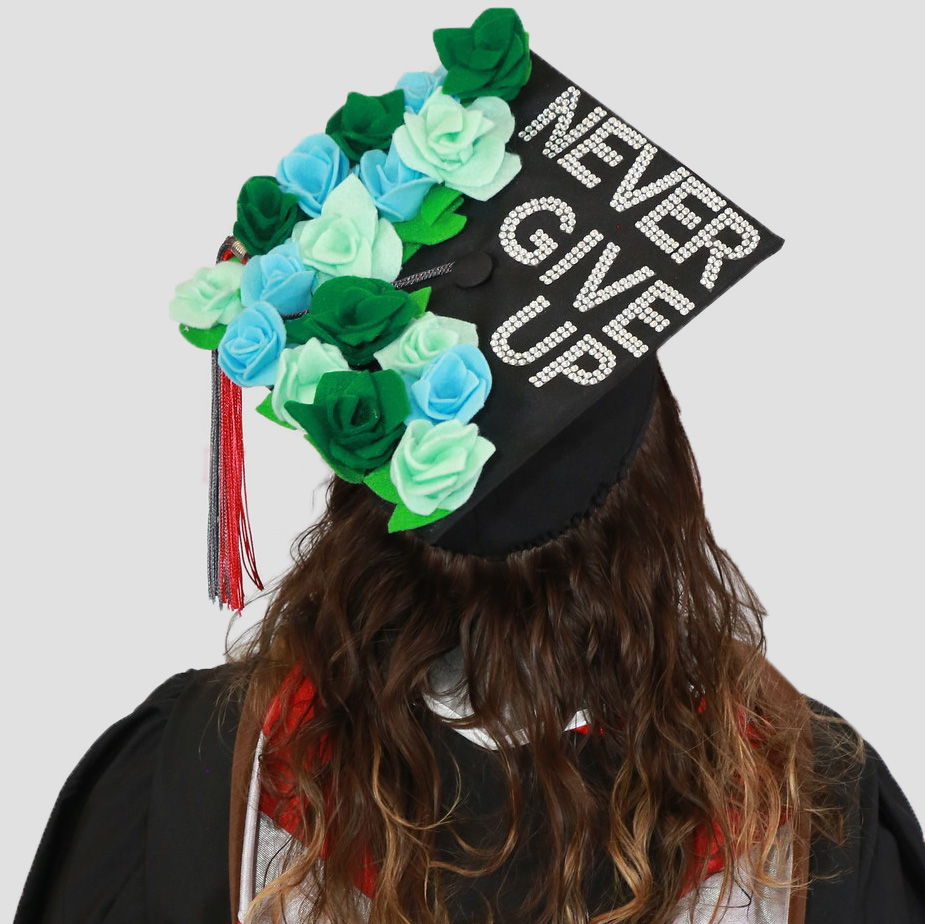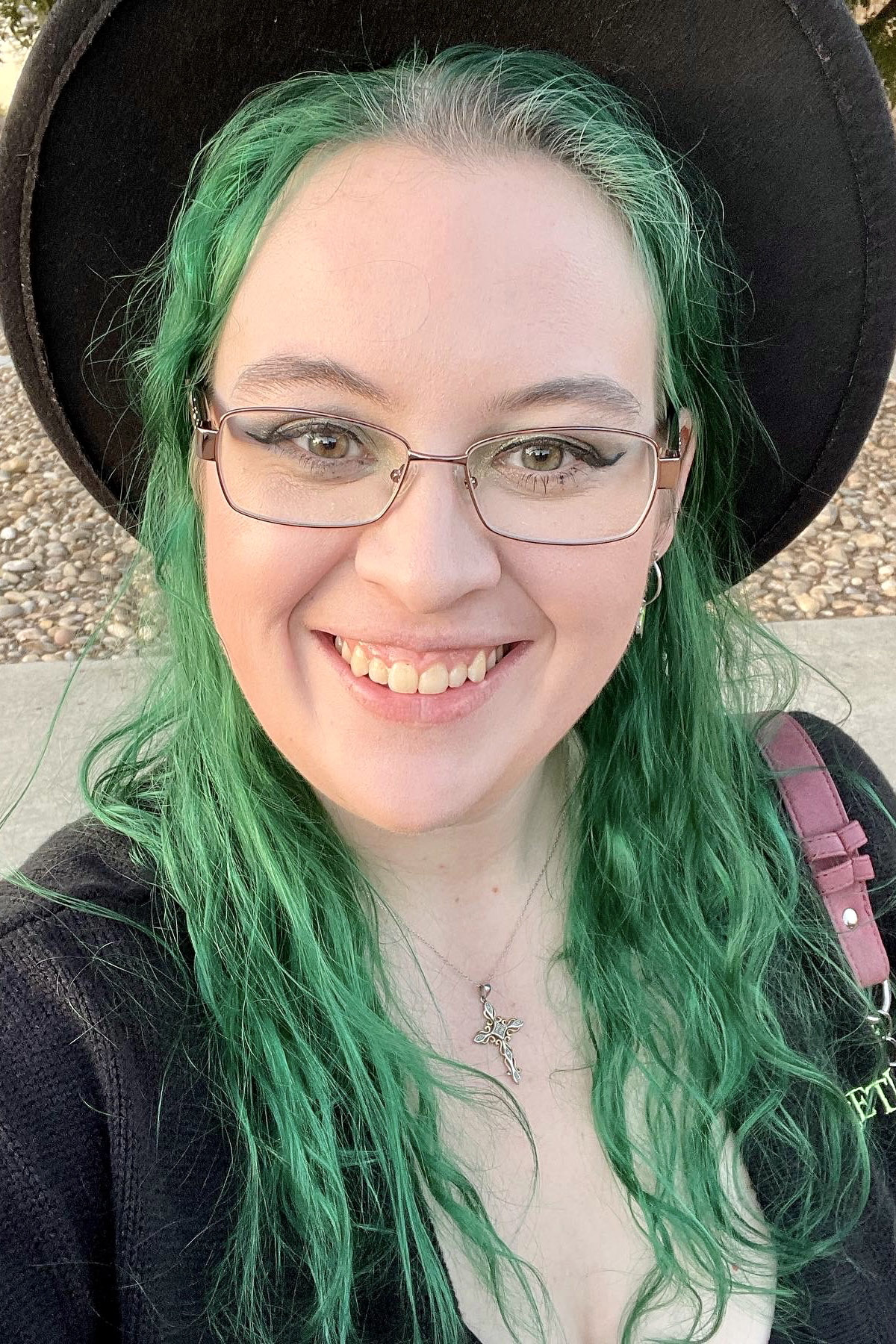
My path to theatre started on a dark road, with a near death experience that left me disabled and feeling alone. During my sophomore year of high school, a medication I was taking for acne set off a chain of events that led to constant visits to urgent care and emergency rooms, and ultimately, left me bedridden. My sight diminished to the point where I could only identify shapes.
By the time this ordeal was nearing its end, I had lost over eighty percent of my vision, leaving me temporarily blind. Doctors and residents were scrambling to determine what could be wrong.
 While waiting for a diagnosis, scared and without vision, I fondly remember my parents
playing my favorite, and still treasured movie, The Phantom of the Opera by Andrew Lloyd Weber. I watched it over fifty times in the hospital. Even though
I had lost vision, I could visualize the movie in my head, which helped to me calm
down and escape my fear.
While waiting for a diagnosis, scared and without vision, I fondly remember my parents
playing my favorite, and still treasured movie, The Phantom of the Opera by Andrew Lloyd Weber. I watched it over fifty times in the hospital. Even though
I had lost vision, I could visualize the movie in my head, which helped to me calm
down and escape my fear.
By the next day, I was diagnosed with Idiopathic Intracranial Hypertension (IIH), an incurable chronic illness. IIH occurs when too much cerebrospinal fluid (fluid around the brain and spinal cord) builds up in your skull. The extra pressure on the brain directly affects the nerves in the back of your eye, the optic nerve, and in my case the resulting pressure crushed by optic nerve. Although my vision was restored, the damage left me visually impaired. A simple everyday medication left me with two disabilities and no immediate way to cope.
Recovery was a slow process. While I was able to finish my sophomore year, I felt disconnected from the world. Looking to find a passion or even a fun class, I stumbled upon a theatre technology class that I took my junior year. Instantly, I fell in love with the story, the designs, the management, and the endless creativity. This spark propelled me to pursue a Bachelor of Arts in Theatre Design and Technology at Northern Arizona University. I fondly remember my time at NAU both as a path in which I discovered stage management and where I also learned the value of representing myself.
It took years to accept my disabilities and to care for my own wellbeing. When I look back at it now, I see these challenges as defining life moments instead of devasting events. Becoming comfortable in my own reality was essential in building a career and academic path. I pushed myself and started the Master of Fine Arts: Stage Management program at the University of Nevada, Las Vegas. I learned that I am not defined by my disabilities. I graduated in May of 2022 and carry with me the memories, experiences, and lessons I learned along the way.
As a Stage Manager, I developed personal self-accommodation techniques that partner with those in the academic setting. While theatres are required by the Americans with Disabilities Act (ADA) to accommodate disabilities, there are certain aspects of chronic illness with which employers can assist.
These self-accommodation techniques are constantly evolving with my style and have taken years to establish. My first elaborate system is color coding everything. I color code characters with their corresponding actor, and that assigned color follows them through the show and in every sheet of paperwork. My eyes track color better than plain white paper, and color coordination promotes organization. Another technique is tinting the world around me with projector sheets. From white books to my computer screen, a projector sheet can come in handy. As a current student, I have accommodations established both with the school and my professional work. Being visually impaired, I occasionally wear prescription sunglasses indoors to prevent headaches; fluorescent lighting can be just as bright as outside. During rehearsal, I can sometimes be found following along with a pair of sunglasses on navigating my way through the script.
Today I am pursuing my Ph.D. If you asked me a year ago what I thought I'd be doing, I wouldn't have said attending Texas Tech. I devoted myself to this degree based entirely on the unique interdisciplinary focus, as well as the current faculty. The School of Theatre and Dance has been very welcoming, ensuring its mission to promote inclusion for all. I hope to contribute to the school's mission while I'm here as well as share my story and spread awareness. The community of students has been warm and friendly. I hope to publish work related to disability theatre, always keeping in mind my unique perspective.
For more information about Idiopathic Intracranial Hypertension visit https://ihrfoundation.org/ as well as Idiopathic Intracranial Hypertension Explained: A Guide for Patients and Families by Kyle M. Fargen.
